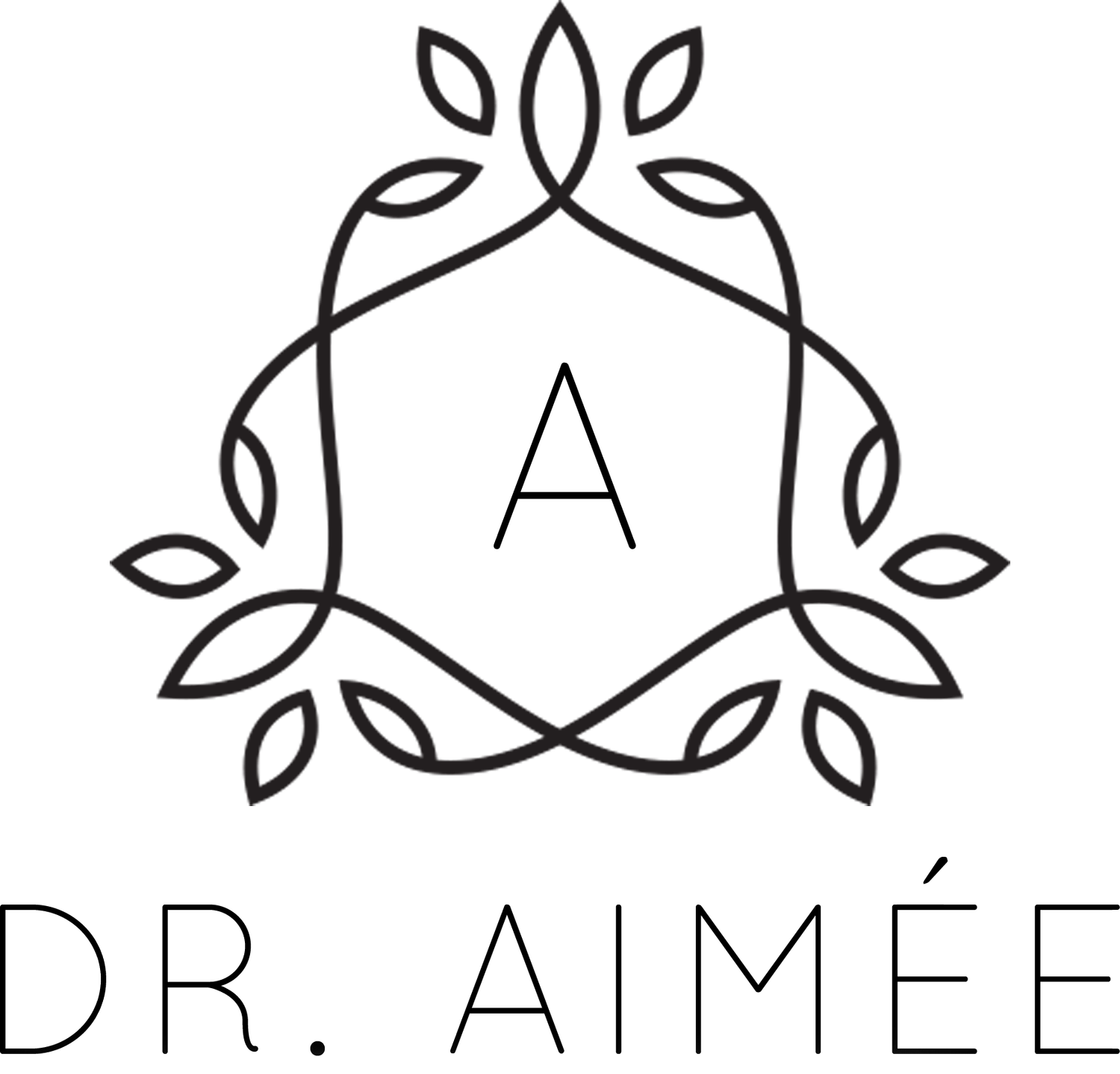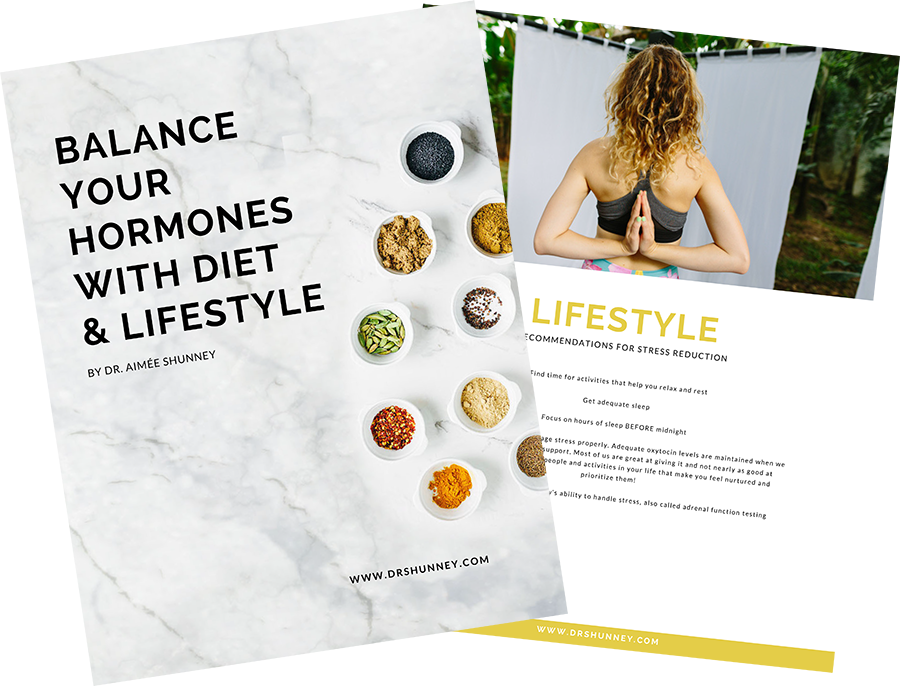It has been known for centuries that chemicals can enter the body and cause health effects. We inhale them, swallow them in contaminated food or water, and absorb them through our skin. Mothers pass them to their babies in utero via the placenta, and then through breast milk. Since the mid 1900’s, chemicals have been monitored in fat tissue, breast milk, semen, blood, and urine. Scientists estimate that the average person today has at least 700 contaminants in their body!
The majority of these chemicals did not exist prior to the advent of petrochemicals during WWII, and what is perhaps most disturbing about this class of chemicals is that they are stored in our fat tissue for up to 50 years and possibly longer. Effects on the body vary and depend on the amount, timing, duration, and pattern of exposure, as well as the properties of the specific chemical.
They can:
Directly damage cells or tissues in the body.
Attack cells’ genetic material, damaging DNA, and setting in motion a sequence of events that can contribute to, and in some cases, cause cancer, birth defects, developmental, or reproductive disorders.
Interfere with normal hormone function. This class of chemicals are known to be endocrine disrupters which is just as scary as it sounds, and particularly important when it comes to hormonal health including fertility issues, menstrual challenges, acne, weight gain, depression, and so much more.
With over 85,000 synthetic chemicals registered for commercial use in the US and thousands more hitting the market each year, the sheer number of chemicals to which we are exposed makes it difficult to determine direct cause and effect. To make matters worse, the EPA has tested only about 200 of these for safety in humans, and most of those studies were done on one chemical in a large amount. But what about our current experience where we are exposed to hundreds+ of chemicals in small amounts for years? Unfortunately, the only study on that scenario is ongoing and the population being studied is us!
I know…the whole thing makes you want to zip yourself into a protective bubble…but don’t despair!
Although it may seem an overwhelming task, decreasing exposure is surprisingly simple — and the best place to start. Perhaps you already do a bunch of these. Fantastic. Give yourself a pat on the back for what you already do! Whether you do none of these, or most of these, I bet you can pick a few items below to Clean Up Your Act in 2020, and even have FUN doing it!
WHERE TO START – 10 WAYS TO DECREASE TOXIN EXPOSURE TODAY
Eat lower on the food chain by consuming less animal products and more plant-based meals. Happy person, happy planet.
Avoid pesticide use where possible– buy organic and choose “green” lawn and gardening products. When you buy organic, don’t forget your wine and your coffee!! Did you know that conventionally grown wine is heavily sprayed with glyphosate (Round Up)?? So that $4.99 bottle of rosé at Trader Joe’s? Not such a bargain. My current favorite clean wine source is www.scoutandcellar.com.
Quit smoking (and vaping). Enough said.
Do not microwave in plastic, and better yet, move away from plastic altogether! Check out www.plastichealthcolaition.org for info on reducing plastic in your ‘diet’. When using plastic, avoid single-use plastics whenever possible - we love www.rezip.com.
Wash hands, floors and windowsills frequently. Use doormats at each entrance to the house and consider removing shoes at the doors.
Choose “green” household cleaners. There are so many great options available these days. My new favorite treat is www.supernatural.com. These are expensive, but part of the higher cost up front is the reuseable glass bottles. Once you purchase those, you just purchase refills of the concentrated cleaners. They work great (money back ‘Freaky Clean Guarantee’) and smell sooooo good.
Choose unbleached paper products, or those bleached without the use of chlorine, including tampons and sanitary pads. Or avoid tampons and use the www.divacup.com, or my personal favorite www.shethinx.com.
Fill your house with plants! They are the best way to clean up indoor air quality.
Shop carefully for personal care products, including skincare, cosmetics, and sunscreen - and choose those that are free of harmful chemicals. Did you know that women use an average of 12 personal care products a day, and men use about six. Teenage girls average 17 products a day. This can mean exposure to hundreds of chemicals just in the course of a morning beauty routine!
I get most of these products for myself at www.beautycounter.com/aimeeshunney (currently loving their Counter Time skincare regimen and mascara), www.arbonne.com (best lipsticks, lip liners, and blush), and www.drhauschka.com (tinted moisturizer is a staple). Other skincare I love is https://www.osmosisbeauty.com and locally in Santa Cruz https://susanbellskincare.com/ (love her serums, and also love her - she’s my aesthetician).
And Ladies, have you thought about your care for ‘down there’?? You should! You sure don’t want to put toxic chemicals on your most lovely (and highly vascularized) parts. Thankfully, the clean sexual health revolution has arrived, and there are all kinds of fantastic clean lubricants and salves to moisturize, soothe, and stimulate your crown jewel. Check out https://goodcleanlove.com/ for great lube and ph balance support.
You can find out how your favorite products rate here: https://www.ewg.org/skindeep/. They even have an app: EWG’s Healthy Living to make shopping easier.
Educate yourself and find out how to get involved on a political level. The Environmental Working Group’s website is a great place to start, www.ewg.org. You can also check out www.beautycounter.com/advocacy for how to get involved directly in changing regulation around chemicals in cosmetics – which has not been updated since 1938!
——————————————————————————————————————
Clean Up Your (Skincare) Act!
with Dr. Aimée and integrative nurse practitioner Carolyn Bernstein
WHEN: Saturday January 11, 2020 11am-1pm
WHERE: Santa Cruz Integrative Medicine
HOW MUCH: $10
Space is limited, register at www.cleanupyouract2020.eventbrite.com.
Join Integrative Nurse Practitioner Carolyn Bernstein and Dr. Aimée to learn why choosing clean personal care products is a crucial part of any optimal healthcare program, especially when it comes to hormonal issues since most of these products contain endocrine disruptors (which are as scary as they sound). And to make it FUN for all, we'll have the opportunity to sample Beautycounter's amazing non-toxic skincare and makeup products. The active ingredients, fragrant essential oils, and sophisticated color palette will make it easy for you to start cleaning up your (skincare) act!
In this informative class and Beautycounter POP-UP, you'll:
Get the nitty gritty on how your personal care products may increase cancer risk, worsen hormonal issues including fertility challenges, cause allergies, and aggravate many other health complaints.
Hear the latest research on environmental toxins and health.
Master the art of label reading to help you make better choices in the aisle or online.
Explore resources to help you stay informed.
Sample Beautycounter's non-toxic line of skincare and makeup with no obligation to purchase.
Get motivated to become an advocate for #betterbeauty!
More Host Info:
Carolyn Bernstein is an integrative nurse practitioner, breast cancer specialist, and Beautycounter consultant. More at www.carolynbernstein.com.
Dr. Aimée Shunney is a naturopathic doctor specializing in women's health and hormone balance. More at www.drshunney.com.
Space is limited, register here: www.cleanupyouract2020.eventbrite.com.


